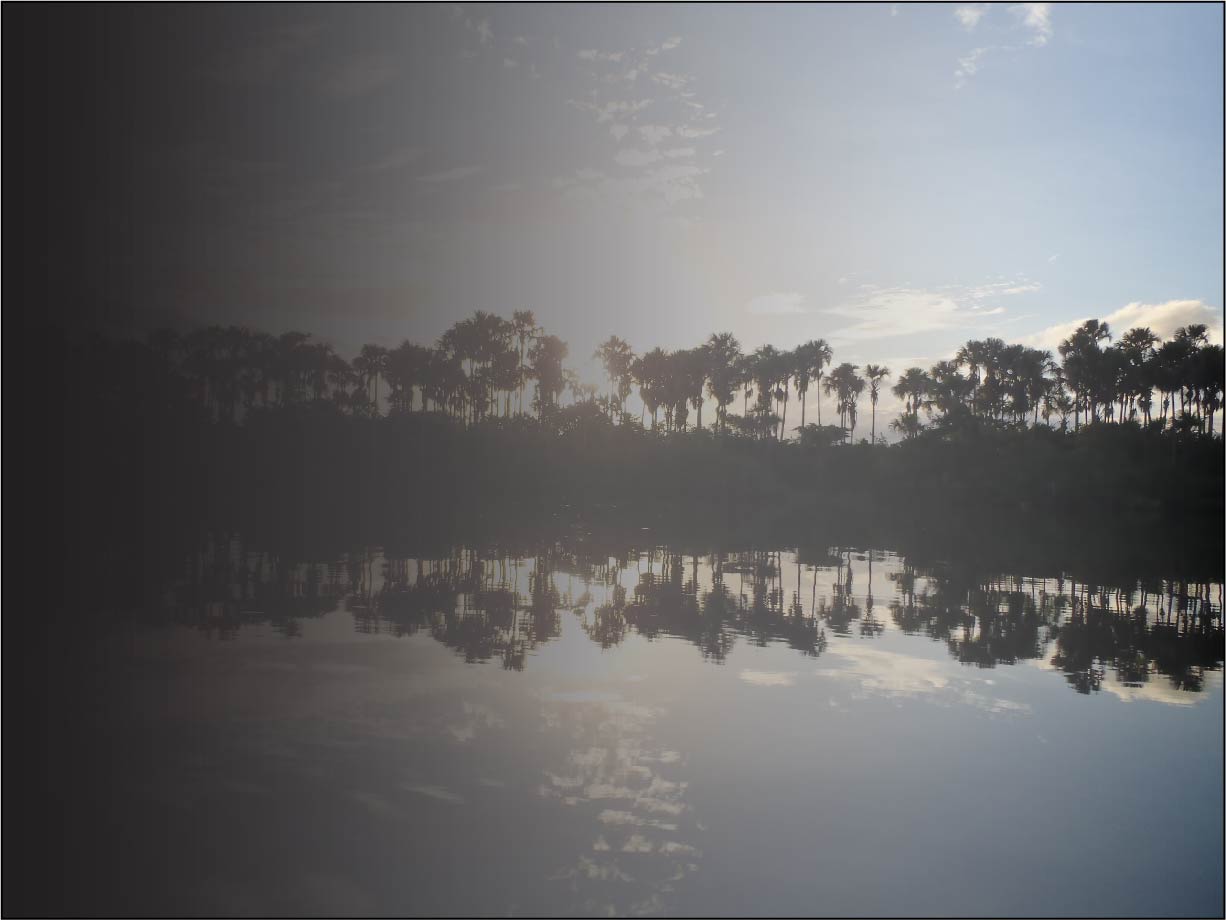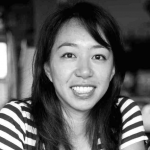Covid-19 has had a drastic impact on people everywhere. Over the past few weeks, we collected stories from Ronin Research Scholars about what their life has been like in different parts of the world. The Scholars here present their stories from Pakistan, United Kingdom, Dubai, and Germany.
Dr. Tamseela Hussain, Pakistan — April 5, 2020
My husband is an ICU doctor and I am a consultant of medical informatics.
Pakistan has approx 2600 cases thus far since Feb 2020 and we expect more as we continue testing. Pakistan continues to struggle with food for daily wagers as they suffer the most during lockdowns. Medical staff and general public are struggling with PPE and masks etc.
I would like to share with Ronin that I have created an Informatics form for Covid-19 management with basic clinically relevant Covid parameters. This form can be used for research purposes as secondary use of data but I created it for primary use of data for monitoring disease progression and regression.
It is mandated by the government of Pakistan that whomever tests positive “must “be admitted in a hospital until negative. Whereas other parts of the world, self quarantine can be done at home.
My Covid-19 form has clinically relevant data fiends eg signs symptoms monitoring, labs, imaging and sofa scores/ vent / ICU management for morbidity and mortality.
Keith Tse, York, United Kingdom—March 31, 2020
UK universities and cities on lockdown. All events and classes cancelled and all premises closed indefinitely, apart from those that sell basic and essential amenities. The weather has been good (clear and increasingly warm) but the atmosphere is quite eerie.
Yasmina Jraissati, Dubai—March 29, 2020
I don’t know if it’s the warm and sunny weather, or if it’s a childhood spent in war time Lebanon (and so many things today remind me of that part of my life), but on a personal level, I feel things are going rather smoothly over here. Confinement is recommended, but for the moment not imposed. We get to go for a short walk in the park every couple of days. Our 4 year old seems to have developed an unexpected capacity to play on his own for several hours in a row – thank god for Legos! Things seem to be under control (but things always seem under control here, so we’re not very certain), in the sense where interesting measures have been recently put in place and/or announced for the near future: Isolating people in redesigned hotel rooms even when their symptoms are only mild; disinfecting the streets at night; screening people in their houses starting with more densely populated areas; drive through testing facilities for those who feel they need a test.
I keep thinking about how the post-covid world will look like. Part of me wants to think it will be back to how it was. But another part of me deep down worries that the world will change drastically, like it has after the 9/11 attacks. I can see how no government will want to risk another similar pandemic. A perfect reason (excuse?) to have more controls on borders, to increase surveillance on people’s movements, and now even health situation. So many opportunities for abuse… Maybe with the way the world has become (increased interaction and quick travel) something like that is needed? This is a painful thought for people like me who have believed all of their lives in a certain concept of freedom and respect for privacy.
Martin Bohle (Ukko), Germany— March 27, 2020
I am part of the semi-public relief structure (Red Cross) in my town in rural Germany. We are in structured ‘close-down’, that is a three-tier choice as to what kind of business is maintained or closed. Local number of infected are high for Germany, but not extreme.
The activity in the relief structure keeps me busy.
Aside from that, I follow-up on my science (publications & review). Combining both I’m drafting a piece explaining exponential growth – a kind of fairy-tale about the ‘exponential soap maker’. Once it is ready, I’m happy to share it. Also, I did build a tool to extrapolate numbers of infected people. It can be shared.
p.s. https://www.salzburgglobal.org/news/latest-news/article/martin-bohle-the-smile-of-the-imaginator.html
Arika is a Research Scholar and Community Director of the Ronin Institute. She is a social-ecologist who works with human-environmental issues including, community resilience, natural resource management, and the application of science. In addition, she is the Founder of Middle Path EcoSolutions, a consulting firm that helps organizations with community building.
This post is a perspective of the author, and does not necessarily reflect the views of the Ronin Institute.



Please find the fairy-tale about exponential growth and a scientific piece of thinking at my blogsite (https://ukkoelhob.blogspot.com) – best regards, Martin (Ukko)